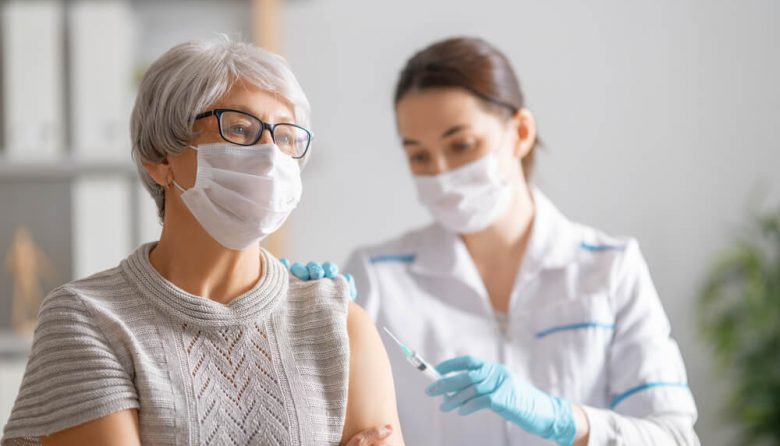As of late September 2021, more than 55% of the US population got fully vaccinated. While this number amounts to millions of people protected from COVID-19, it also means millions of individuals have not received potentially life-saving shots yet. Why? One of the reasons may be linked to allergic reactions to COVID vaccines.
If you’re prone to allergies and think a COVID-19 vaccine may be dangerous for you to receive, read on to learn whether it really is.
COVID vaccines and allergies: Normal and abnormal reactions
COVID-19 vaccines cause reactions in most people. Think injection site soreness, headache, and fever after receiving a shot. But these reactions have nothing to do with allergies. In fact, they signal the normal way your body builds immunity to the virus, and they usually go away within days post-vaccination.
You may be worried about reactions that are considered abnormal:
- allergic COVID vaccine rash and redness
- immediate swelling
- hives
- chest tightness
- swollen lips
- and other severe reactions that appear shortly after administering a shot
Severe COVID-19 vaccine allergic reactions are associated with anaphylaxis, a condition that may be fatal unless immediately addressed. But there have been very few reported anaphylaxis cases with the authorized vaccines in the US.
The CDC reports Pfizer and Moderna vaccines may cause anaphylactic reactions in 6.2 and 2.1 cases, respectively (per million shots administered). However, if they do occur, the vaccination provider should be able to manage them.
Your existing allergy and vaccines
You may have heard your food, pollen, or animal allergy may get worse if you receive a vaccine against the coronavirus. That’s a myth.
Non-related allergies don’t increase your chances of developing an allergic reaction after a COVID-19 vaccine. Neither are they contraindications to receiving one. Even if you have an allergy to some meds or therapies, you may still get vaccinated without having to choose between the lesser of two evils.
The real problem is with COVID vaccine allergies, which is hypersensitivity to the ingredients a shot contains. For example, you may develop an adverse reaction if you’re allergic to polyethylene glycol and receive the Pfizer or Moderna vaccine. Going for the Johnson & Johnson shot can be just as dangerous if your immune system is too sensitive to polysorbate.
Does that mean you should never get vaccinated if your body is hypersensitive to one of the vaccine components? In a word: no.
In most cases, you can get a different shot with no ingredients you’re allergic to. The CDC and FDA have published detailed information on what components each authorized vaccine contains so that you can learn which option is safe for you. But the best way is to talk to your vaccination provider or allergist.


